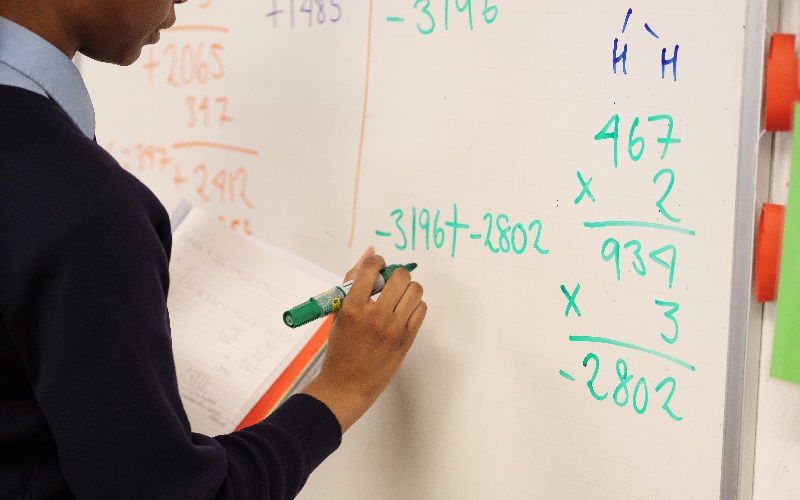How many 15-year-olds are gullible enough to get scammed by a spam email?
By Blog Editor, IOE Digital, on 1 April 2023

Image credit: Africa Studio via Adobe Stock.
1 April 2023
By John Jerrim
Online fraud is very serious business. We are faced with it every day. Indeed, as I am writing this blog, I’ve just received an email from a prince from a far-off-land who has an “exciting” business opportunity he wishes to discuss with me…….
I’m sure you have all received such emails as well: it is estimated that around 3.4 billion spam emails are sent every day. But how many young people are actually at risk of being duped by such a primitive digital scam?
Given that in many countries today it’s April Fools’ Day, essentially a day where we celebrate gullibility, let’s take a look. (more…)
 Close
Close



